Home>Technology>Smart Home Devices>Where To Throw Away A Printer
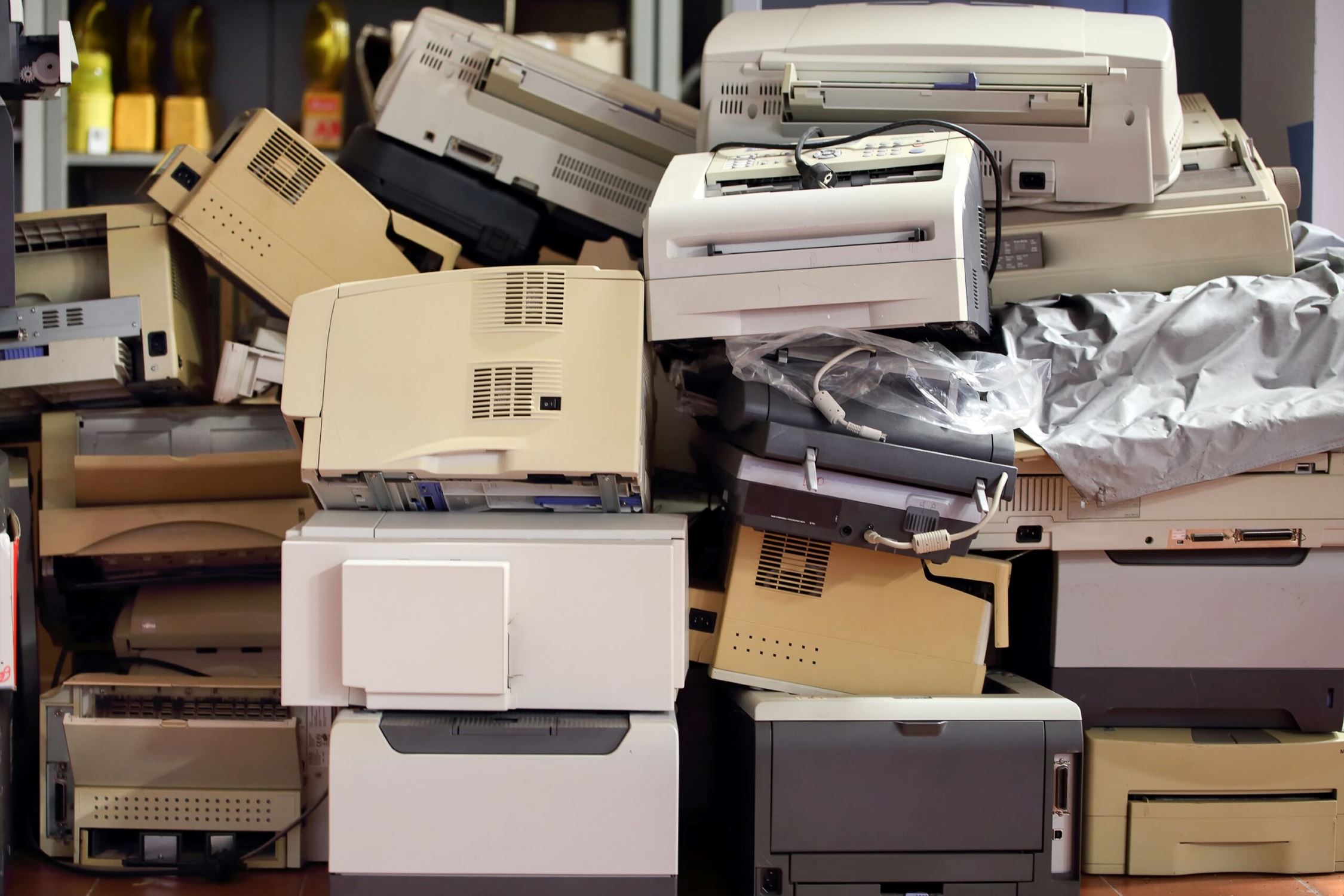

Smart Home Devices
Where To Throw Away A Printer
Modified: February 18, 2024
Learn the proper way to dispose of a printer and other smart home devices. Find out where to recycle or discard electronics responsibly.
(Many of the links in this article redirect to a specific reviewed product. Your purchase of these products through affiliate links helps to generate commission for Storables.com, at no extra cost. Learn more)
**
Introduction
**
Are you wondering what to do with that old printer gathering dust in your home or office? As technology evolves, many of us find ourselves with outdated electronic devices that we no longer need. Properly disposing of these items is crucial for environmental sustainability and to prevent electronic waste from ending up in landfills. In this article, we'll explore various options for responsibly disposing of printers, whether they're no longer functional or simply no longer needed. From recycling centers to manufacturer programs and donation centers, there are several avenues to explore when it comes to getting rid of your old printer in an eco-friendly manner. Let's dive into the different options available for disposing of printers and how each method contributes to a greener, more sustainable future.
Key Takeaways:
- Dispose of old printers responsibly by recycling at designated centers or participating in trade-in programs, contributing to a greener, more sustainable future.
- Donating old printers to charitable organizations extends their usefulness, promotes equitable access to technology, and reduces electronic waste.
Read more: How To Throw Away A Mattress
Recycling Centers
Recycling centers are an excellent option for disposing of old printers in an environmentally responsible way. Many communities have dedicated electronic waste recycling facilities where you can drop off your unwanted printers and other electronic devices. These centers are equipped to handle electronic waste and ensure that the materials are recycled properly, minimizing their impact on the environment.
When you take your printer to a recycling center, it undergoes a process of dismantling and sorting. Components such as plastic casings, metal parts, and circuit boards are separated for recycling. This process helps to conserve valuable resources and reduces the need for raw materials in the manufacturing of new products. By choosing to recycle your old printer at a designated facility, you are actively contributing to the circular economy and promoting sustainable practices.
Furthermore, many recycling centers have strict guidelines for handling electronic waste to ensure that hazardous materials are disposed of safely. Printers often contain components such as toner cartridges and ink cartridges, which can be harmful to the environment if not disposed of properly. Recycling centers have the expertise and infrastructure to manage these materials in an environmentally sound manner, mitigating the potential negative impact on ecosystems.
Before visiting a recycling center, it’s advisable to check their policies and any associated fees for electronic waste disposal. Some facilities may have specific requirements for preparing electronic devices for recycling, such as removing ink cartridges or other consumables. By familiarizing yourself with the guidelines of your local recycling center, you can streamline the process of dropping off your old printer and ensure that it is handled in accordance with best environmental practices.
Electronic Waste Collection Events
Electronic waste collection events offer a convenient and community-focused approach to disposing of old printers and other electronic devices. These events are often organized by local municipalities, environmental organizations, or electronic waste recycling companies with the goal of providing residents with a designated opportunity to safely and responsibly discard their electronic waste.
One of the key advantages of electronic waste collection events is their accessibility. These events are typically publicized well in advance, allowing community members to plan ahead and gather their unwanted electronics for proper disposal. By consolidating electronic waste collection into scheduled events, organizers can efficiently manage the recycling process and ensure that the materials are handled in an environmentally conscious manner.
Electronic waste collection events also serve as educational platforms, raising awareness about the importance of electronic waste recycling and the potential environmental impact of improper disposal. Participants have the opportunity to learn about the significance of recycling electronic devices, including printers, and the positive effects of diverting electronic waste from landfills through responsible recycling practices.
Additionally, electronic waste collection events may offer added incentives to encourage participation. Some events provide opportunities for residents to receive information about sustainable electronics disposal practices, as well as potential rewards for responsibly recycling their old devices. These incentives can range from promotional items to discounts on future electronic purchases, fostering a sense of community engagement and environmental stewardship.
Participating in electronic waste collection events not only allows individuals to dispose of their old printers in an eco-friendly manner but also contributes to the broader effort of reducing electronic waste in local communities. By taking advantage of these events, participants play an active role in promoting sustainable waste management practices and supporting initiatives that aim to minimize the environmental footprint of electronic devices.
Retail Store Trade-In Programs
Retail store trade-in programs offer a convenient and often financially rewarding option for disposing of old printers. Many major retailers, including electronics stores and office supply chains, have established trade-in initiatives that allow customers to exchange their used electronic devices, such as printers, for store credit or other incentives. These programs not only provide a hassle-free solution for getting rid of old electronics but also contribute to the promotion of sustainable consumer practices.
Participating in a retail store trade-in program typically involves a straightforward process. Customers can bring their old printers to a participating store, where the device is evaluated for its trade-in value. The value of the trade-in may be determined based on factors such as the condition of the printer, its age, and the presence of any accompanying accessories. In return, customers may receive store credit, gift cards, or discounts toward the purchase of new electronic devices or other products offered by the retailer.
One of the key benefits of retail store trade-in programs is the opportunity to offset the cost of upgrading to a new printer or other electronic equipment. By trading in an old printer, customers can reduce the financial burden of purchasing a replacement device while simultaneously diverting electronic waste from landfills. This approach aligns with the principles of a circular economy, where products and materials are reused and repurposed to minimize waste and conserve resources.
Moreover, retail store trade-in programs contribute to the extended lifecycle of electronic devices by facilitating the refurbishment and resale of traded-in items. Once collected, old printers undergo thorough assessment and refurbishment processes, making them suitable for resale as certified refurbished products. This practice not only reduces electronic waste but also provides consumers with access to affordable, quality-assured electronic devices, further promoting sustainable consumption patterns.
Participating in a retail store trade-in program presents an opportunity for individuals to responsibly dispose of their old printers while gaining tangible benefits in the form of store credit or discounts. By leveraging these programs, consumers can actively contribute to the reduction of electronic waste and support the sustainable management of electronic devices within the retail sector.
Check with your local recycling center or electronics store to see if they accept printers for recycling. Many places offer free or low-cost options for properly disposing of old printers.
Manufacturer Recycling Programs
Manufacturer recycling programs offer a streamlined and environmentally conscious solution for disposing of old printers. Many leading printer manufacturers have established dedicated initiatives aimed at collecting and recycling end-of-life electronic devices, including printers, to promote sustainable waste management practices and minimize the environmental impact of electronic waste.
Participating in a manufacturer recycling program typically involves a straightforward process. Manufacturers often provide convenient options for consumers to return their old printers, either through mail-in recycling programs or drop-off locations at designated service centers. By partnering with established recycling facilities and adhering to stringent environmental standards, manufacturers ensure that the collected printers are processed in an eco-friendly manner.
One of the key advantages of manufacturer recycling programs is the assurance of responsible and compliant disposal of electronic waste. Manufacturers are equipped with the expertise and resources to handle end-of-life electronic devices, including the proper management of hazardous materials and the recycling of valuable components. By entrusting old printers to manufacturer recycling programs, individuals can have confidence in the environmentally sound treatment of their electronic waste.
Furthermore, manufacturer recycling programs often emphasize the importance of resource recovery and material reutilization. Through advanced recycling processes, components and materials extracted from old printers can be repurposed for the manufacturing of new products or utilized in other industries, thereby reducing the demand for virgin resources and minimizing the environmental footprint of electronic device production.
Engaging with manufacturer recycling programs also fosters a sense of corporate responsibility and environmental stewardship within the consumer electronics industry. By actively participating in these programs, consumers signal their support for sustainable product lifecycle management and encourage manufacturers to continue investing in eco-friendly initiatives that prioritize the circular economy and environmental sustainability.
Participating in a manufacturer recycling program presents an opportunity for individuals to dispose of their old printers in a manner that aligns with the principles of environmental responsibility and resource conservation. By leveraging these programs, consumers can contribute to the reduction of electronic waste and support the sustainable management of electronic devices while reinforcing the commitment of manufacturers to eco-friendly practices.
Read more: How To Throw Away Furniture
Donation Centers
Donation centers offer a meaningful and socially impactful alternative for individuals looking to dispose of their old printers. Rather than discarding functional but no longer needed printers, donating these devices to charitable organizations and community initiatives can extend their usefulness and benefit those in need. This approach not only promotes the reuse of electronic devices but also contributes to the support of educational and nonprofit endeavors.
When donating a printer to a charitable organization or donation center, individuals have the opportunity to contribute to initiatives that aim to bridge the digital divide and enhance access to technology for underserved communities. Many nonprofit organizations, schools, and community centers welcome donations of electronic devices, including printers, to support their educational programs, administrative operations, and community outreach efforts.
By donating a printer, individuals can directly impact the lives of others by providing access to essential technology resources. Printers donated to educational institutions, nonprofit organizations, or community centers can facilitate learning, administrative tasks, and resource dissemination, empowering individuals and organizations to achieve their goals and serve their communities more effectively.
Moreover, donating a printer to a charitable organization or donation center aligns with the principles of sustainability and resource conservation. By extending the lifecycle of electronic devices through donation, individuals contribute to the reduction of electronic waste and promote the reuse of functional equipment, thereby minimizing the environmental impact associated with electronic device disposal.
Participating in printer donation initiatives also fosters a sense of social responsibility and community engagement. By supporting charitable organizations and community initiatives through the donation of electronic devices, individuals contribute to the broader goal of promoting equitable access to technology resources and fostering positive social impact within their local and global communities.
Donating a printer to a charitable organization or donation center presents an opportunity for individuals to make a meaningful difference by extending the usefulness of their old electronic devices. By leveraging these donation avenues, individuals can contribute to educational and community initiatives, support sustainability efforts, and positively impact the lives of others through the thoughtful reuse of electronic equipment.
Local Electronics Disposal Services
Local electronics disposal services offer a convenient and regulated approach to responsibly discarding old printers and other electronic devices. Many municipalities and waste management authorities provide dedicated services for the collection and disposal of electronic waste, including printers, to ensure that these items are handled in compliance with environmental regulations and best practices for electronic waste management.
Engaging with local electronics disposal services typically involves accessing designated drop-off locations or scheduling electronic waste pick-up services through municipal or authorized waste management channels. By utilizing these services, individuals can ensure that their old printers are directed to appropriate facilities equipped to manage electronic waste in an environmentally sound manner.
One of the key benefits of local electronics disposal services is the adherence to strict environmental standards and regulations governing the handling and disposal of electronic waste. By entrusting their old printers to authorized disposal services, individuals contribute to the prevention of improper electronic waste disposal practices and support the sustainable management of electronic devices within their communities.
Furthermore, local electronics disposal services often prioritize the recycling and resource recovery of electronic waste materials. Through specialized processing facilities, components and materials extracted from old printers can be repurposed and recycled, reducing the demand for virgin resources and minimizing the environmental impact associated with electronic device production.
Participating in local electronics disposal services also supports the broader effort of reducing electronic waste in landfills and promoting sustainable waste management practices. By responsibly disposing of old printers through authorized channels, individuals contribute to the diversion of electronic waste from landfills and support initiatives aimed at conserving natural resources and minimizing environmental pollution.
Engaging with local electronics disposal services presents an opportunity for individuals to dispose of their old printers in a manner that aligns with environmental regulations and sustainability principles. By leveraging these services, individuals contribute to the responsible management of electronic waste within their communities and support initiatives that aim to minimize the environmental impact of electronic device disposal.
Conclusion
Disposing of old printers in an environmentally responsible manner is essential for promoting sustainable waste management practices and minimizing the environmental impact of electronic devices. From recycling centers and electronic waste collection events to retail store trade-in programs, manufacturer recycling initiatives, donation centers, and local electronics disposal services, there are various avenues available for individuals to responsibly discard their old printers.
Each disposal method offers distinct benefits, contributing to the broader goal of reducing electronic waste and supporting sustainable resource management. Recycling centers and electronic waste collection events provide accessible options for individuals to ensure that their old printers are recycled and processed in an eco-friendly manner. Retail store trade-in programs offer a convenient and financially rewarding approach, allowing individuals to exchange their old printers for store credit while promoting the circular economy. Manufacturer recycling programs prioritize responsible disposal and resource recovery, aligning with the principles of environmental stewardship and sustainable production practices.
Donation centers play a vital role in extending the usefulness of old printers by facilitating their redistribution to charitable organizations, educational institutions, and community initiatives, thereby promoting equitable access to technology resources and reducing electronic waste. Local electronics disposal services provide regulated and environmentally compliant channels for individuals to dispose of their old printers, supporting the sustainable management of electronic waste within their communities.
By leveraging these disposal options, individuals can actively contribute to the reduction of electronic waste, the conservation of natural resources, and the promotion of sustainable consumption and production patterns. Whether through recycling, trade-in programs, donation initiatives, or regulated disposal services, responsible printer disposal empowers individuals to make a positive impact on the environment and support initiatives that prioritize environmental sustainability.
Ultimately, the collective effort to responsibly dispose of old printers and electronic devices contributes to the creation of a greener and more sustainable future, where electronic waste is minimized, resources are conserved, and communities thrive in harmony with the environment.
Frequently Asked Questions about Where To Throw Away A Printer
Was this page helpful?
At Storables.com, we guarantee accurate and reliable information. Our content, validated by Expert Board Contributors, is crafted following stringent Editorial Policies. We're committed to providing you with well-researched, expert-backed insights for all your informational needs.



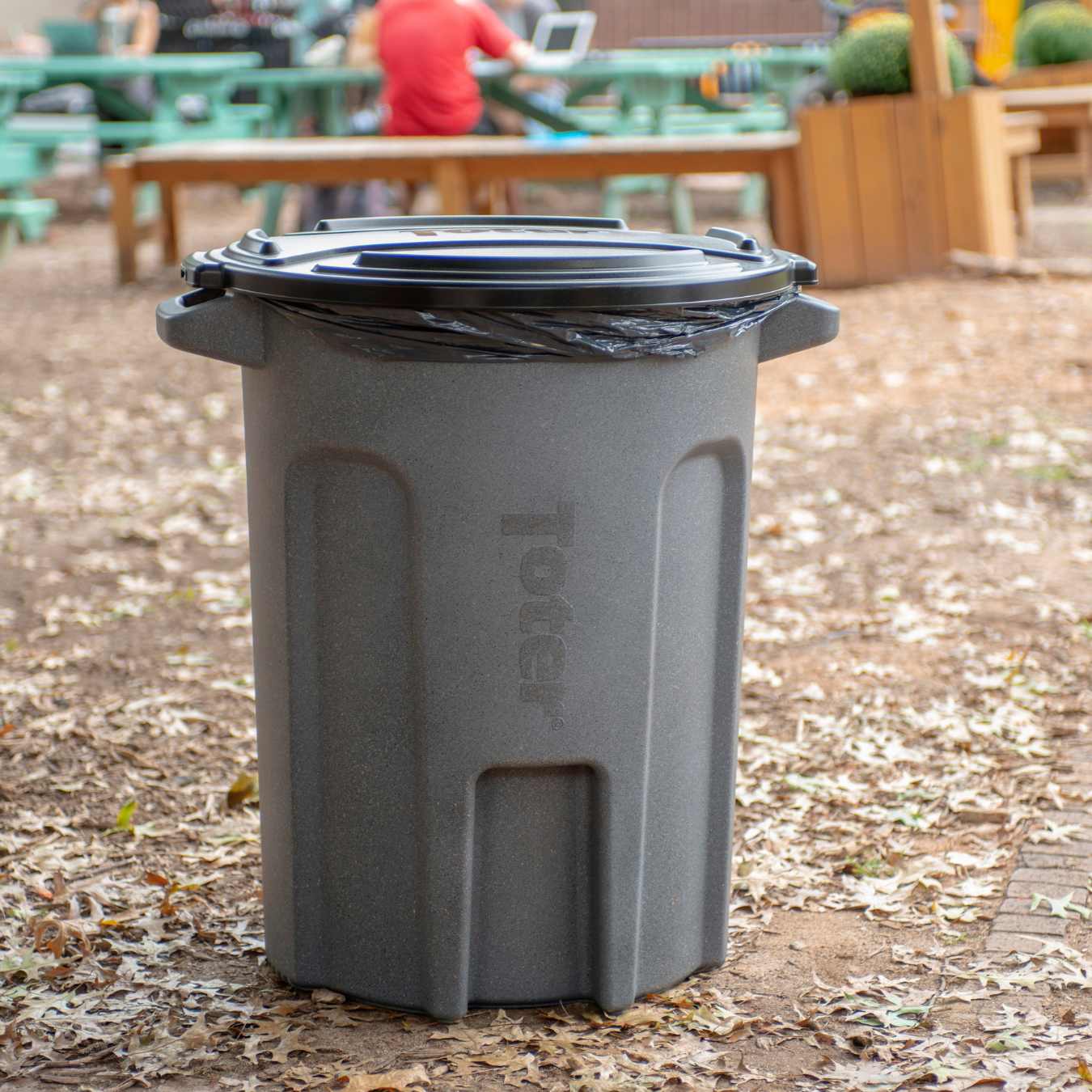
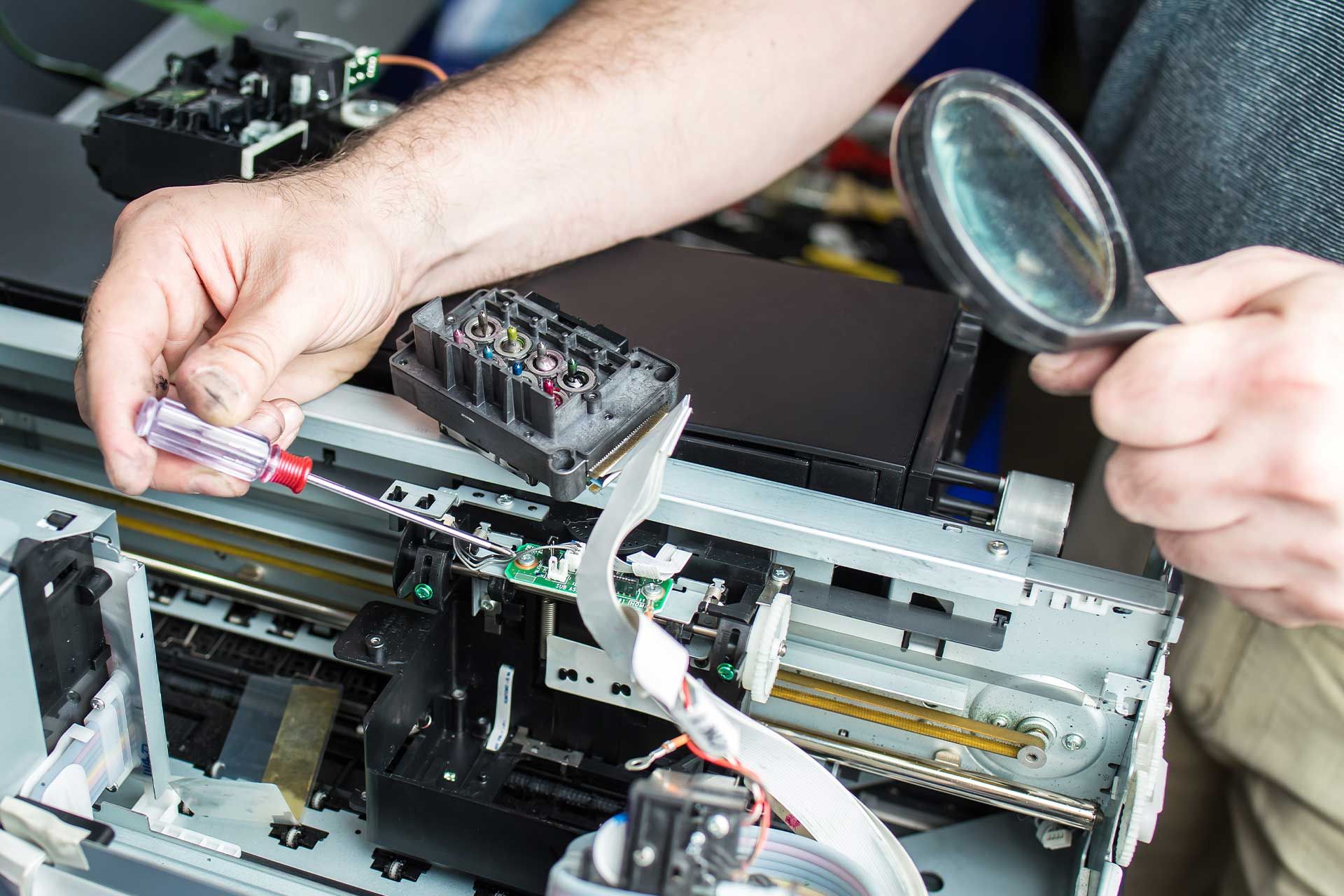




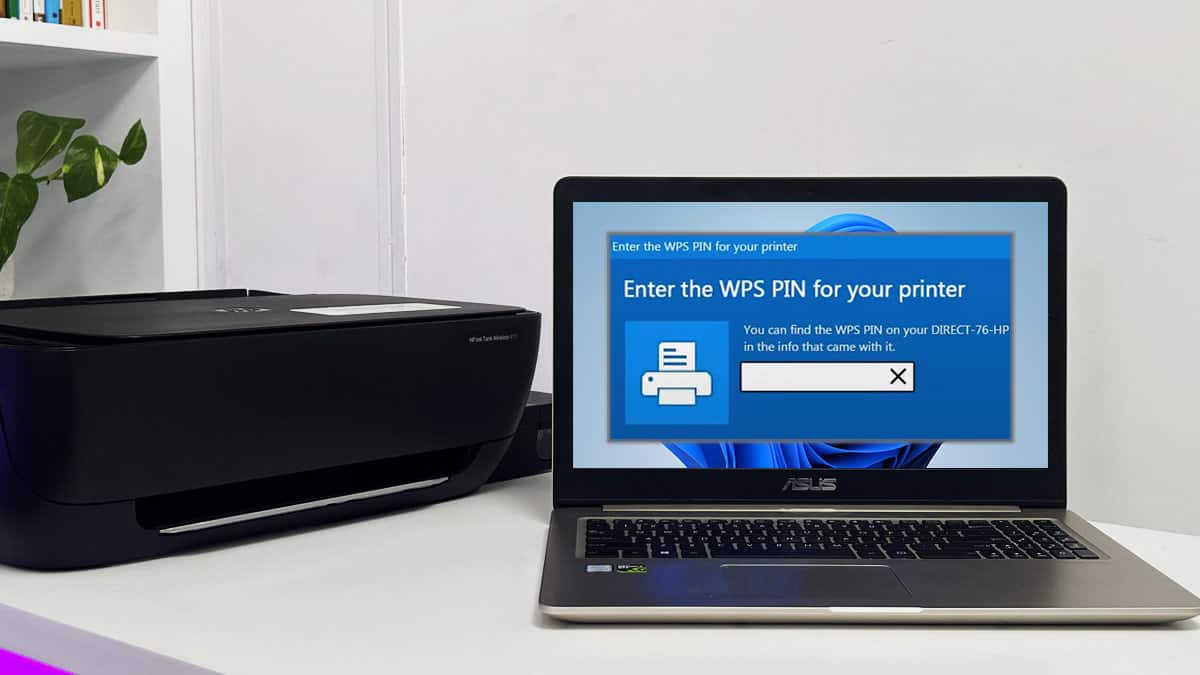
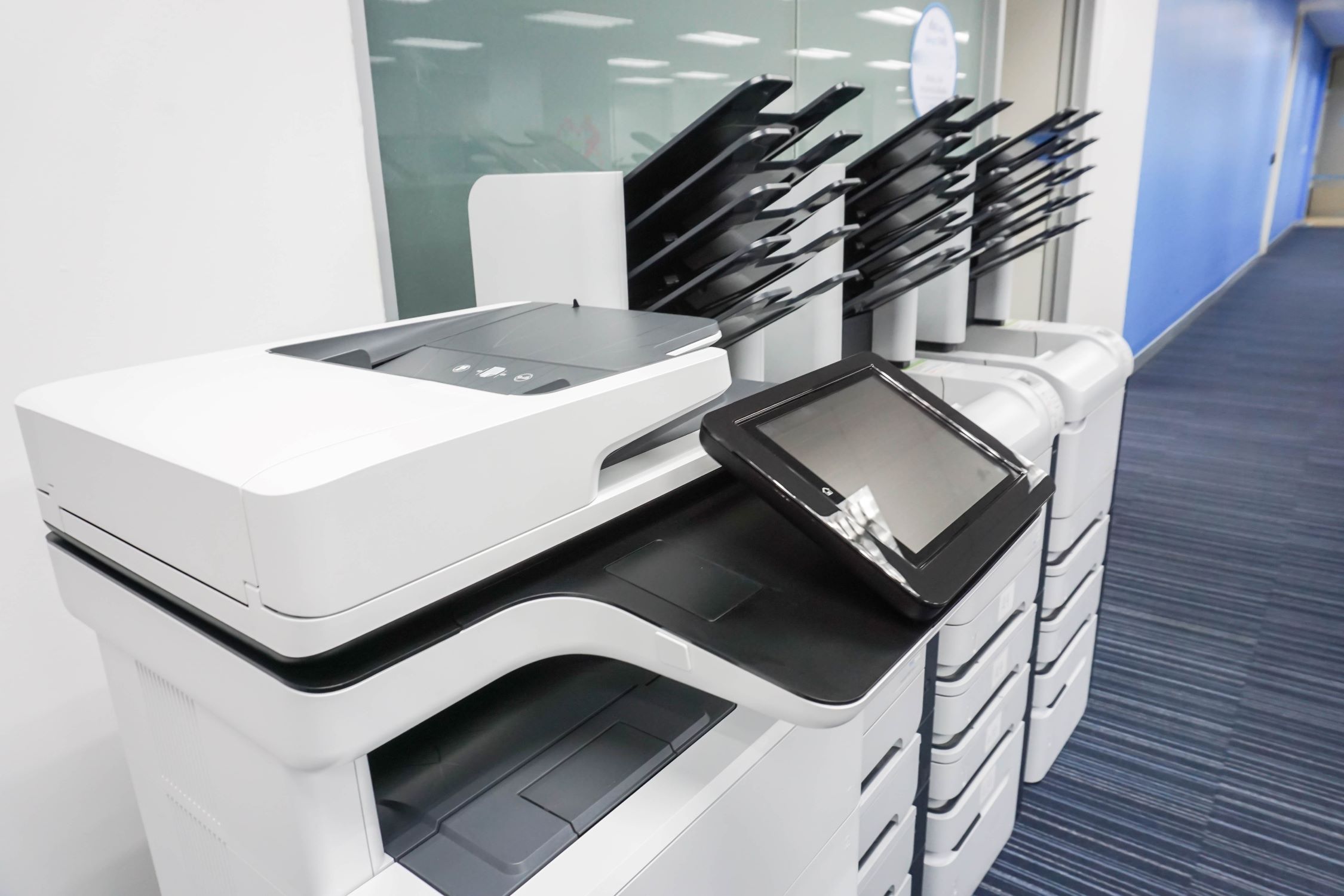
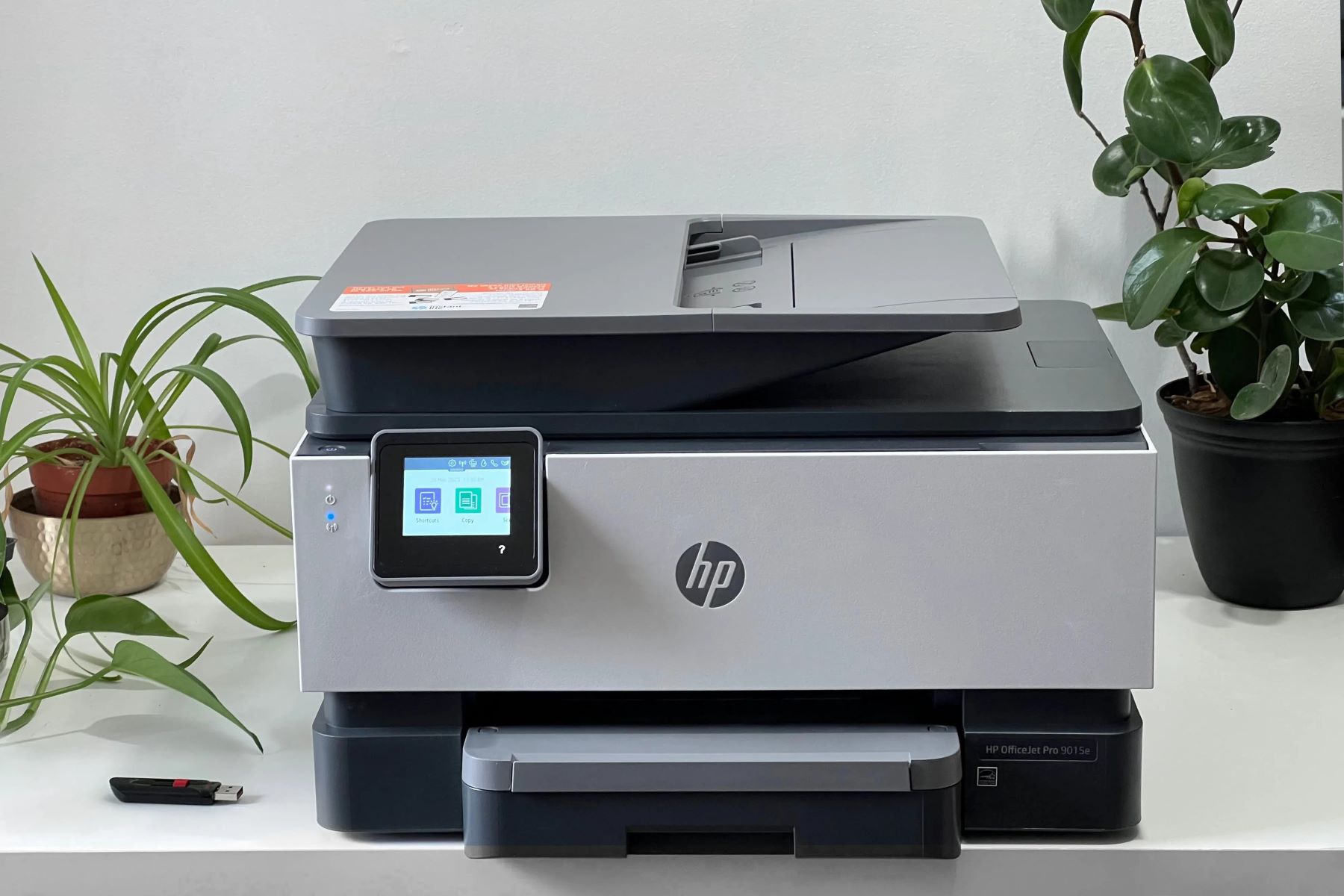
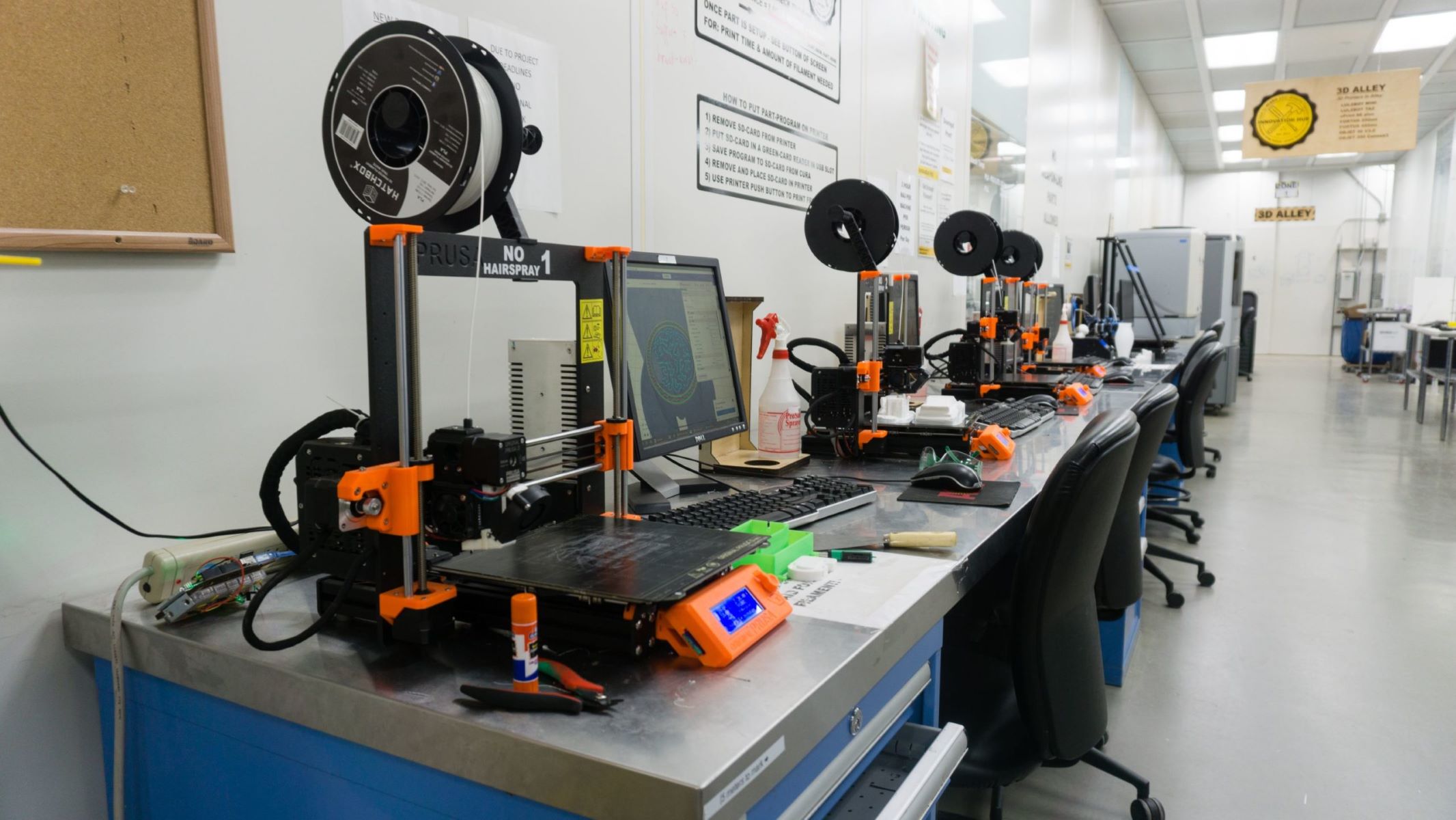


0 thoughts on “Where To Throw Away A Printer”